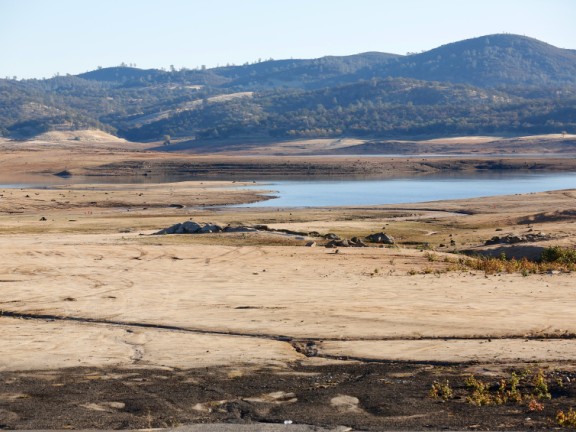Landslide Victories for Fiscal Responsibility

Voters in California and Texas, the nation’s two most populous states, scored notable victories for fiscal responsibility on Election Day by overwhelmingly taking stands against shifting today’s obligations onto the backs of future generations.
Almost 70 percent of California voters approved a ballot measure that authorizes borrowing $7.5 billion for water projects to cope with future droughts. Another victorious proposition passed by nearly as big a margin allocates as much as $4 billion annually to reducing long-term debt and pension obligations while bolstering the state’s rainy day fund, the budget reserve that in recent years had been pumped dry to help close recurring budget deficits. In Texas, 80 percent of voters said “yes” to channeling a portion of the state’s oil and gas severance tax revenue into sorely needed highway investment.
All three votes show a refreshing bipartisan willingness to avoid the kind of kick-the-can practices that the State Budget Crisis Task Force decried earlier this year. Failing to adequately fund retirement benefits, neglecting infrastructure, deferring payments and borrowing heavily during years of budget gaps has left California with what Democratic Governor Jerry Brown – who was reelected on Nov. 4 – has called a "wall of debt." California Common Sense, a research group, estimates this wall totals $443 billion, equivalent to 22 percent of the state’s GDP. That’s an almost unthinkable burden passed on to the children and grandchildren of today’s taxpayers and one that doesn’t register as a deficit in the cash accounting system used in local-government budgeting.
In passing proposition 2, California voters took heed of this issue – as did Standard & Poor’s, which one day after the victory raised its rating on California general obligation bonds to A+, the fifth-highest grade and the best since 2009. In addition to adding rainy day funds, they committed the state to paying down retirement-benefit obligations and debts among government agencies, even at the expense of current budget spending. With drought already afflicting the state, voters showed a similar concern for the cost of failing to invest in infrastructure. By assenting to Proposition 1, the fourth-biggest water bond in California history, the government will help cope with future dry spells by building the first state-funded dams and reservoirs in 30 years, the Los Angeles Times reported.
Texas voters took a similar long view on investing in infrastructure by approving a constitutional amendment that diverts as much as $1.7 billion annually in oil and gas tax collections – worth a total of $5.7 billion in fiscal 2014 – from budget reserves to the State Highway Fund. With the state’s population projected to grow to 45 million by 2040 from 27 million today, roads will be burdened with an additional 18 million vehicles, according to Move Texas Forward, a political action committee that advocated for the measure’s passage. The Republican-controlled legislature may add to the pot by dedicating sales taxes on vehicle purchases to road work, according to the Dallas Business Journal.
Across the U.S., states and cities are struggling to cope with trillions of dollars in unfunded obligations for everything from pensions to roads and dams. This week’s votes in California and Texas are a small but significant start toward chipping away at these bills.